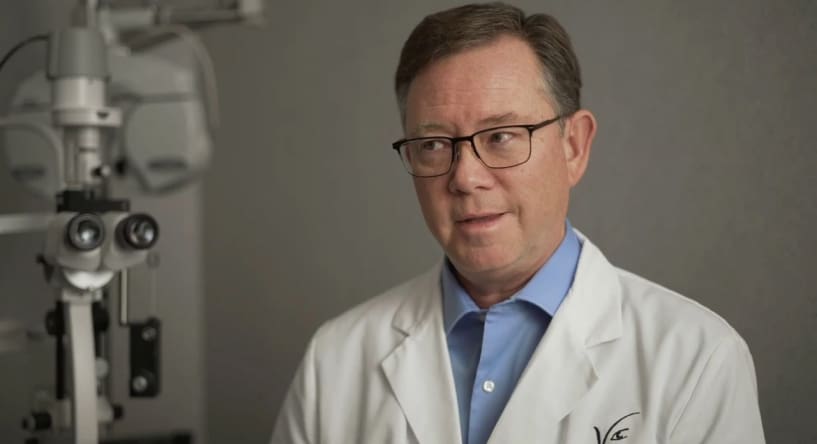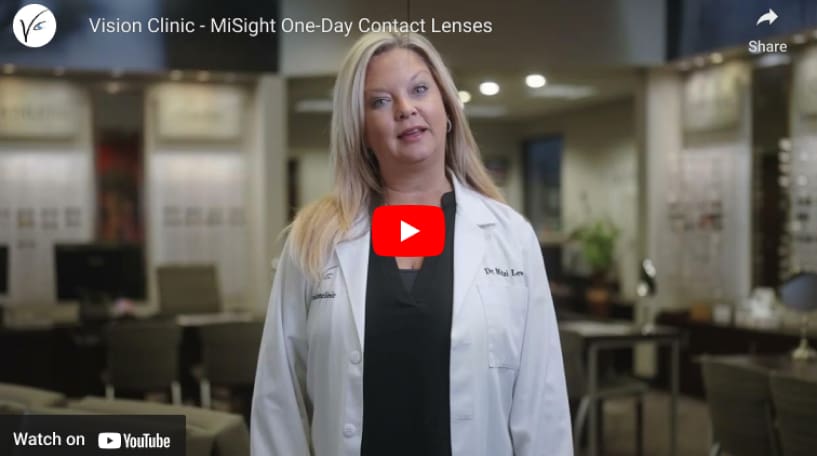Cataracts
Cataracts - an age-linked eye challenge, so common that by 80, over half of Americans have either battled it or embraced cataract surgery.
Spot any vision shifts? It might be cataract sneaking in. Let us take a look. Call us or book online.


Deciphering Cataracts
Imagine a pristine lens inside your eye. But time, ever so subtly, clouds this clarity. This clouding, making the world appear blurred, dim, or less vibrant, is cataracts in action.
Cataracts mostly affect both eyes, but not usually unevenly. Consequently, sight in one eye might be quite a bit different than the other.
Here are some clues of cataracts:
- Intensified glare or light sensitivity
- Colors appearing faded or yellowish
- Dim Vision
- Double vision in just one eye
- Needing more or brighter light for reading and other activities
- Difficulty driving, especially at night
- Seeing rings or halos around lights
Who's Vulnerable to Cataracts?
Aging is the most common condition associated with cataracts, but other culprits could increase your chance of developing them or having them show up at a younger age.
Here are some risk factors
- Prolonged sun exposure
- Prior eye surgeries
- Excessive alcohol use
- High blood pressure
- Diabetic
- Sustained corticosteroid medication use
- Past eye trauma or inflammations
- Obesity
Genetics, too, plays its hand. Cataract traces in your family lineage amplifies your susceptibility.






How Can You Reduce or Prevent Cataracts?
While cataracts might be a typical part of the natural aging process for many people, preemptive strides can slacken their onset or progression:
Regular Eye Checkups: Early signs can be caught and corrected only through these.
Sun Safeguards: Get some UVB-blocking sunglasses and hats under the sun.
Embrace Healthy Habits: Feast on greens and fruits, less or no alcohol, and quitting smoking can all help keep your eyes healthy and prevent diseases.
Cataract Diagnosis & Treatment
Your eye doctor is the only one who can definitively diagnose cataracts. Instruments like the slit-lamp, visual acuity tests, and retinal exams help us make a final diagnosis.
Mild cataract stages might just demand corrective glasses. But if the haze thickens beyond this, surgical intervention might be the next step.





Find A Location
Our five offices in Southwest Missouri provide easy access to exceptional care right in your own community.
Schedule Your Appointment
Click the button below to schedule your appointment online!







